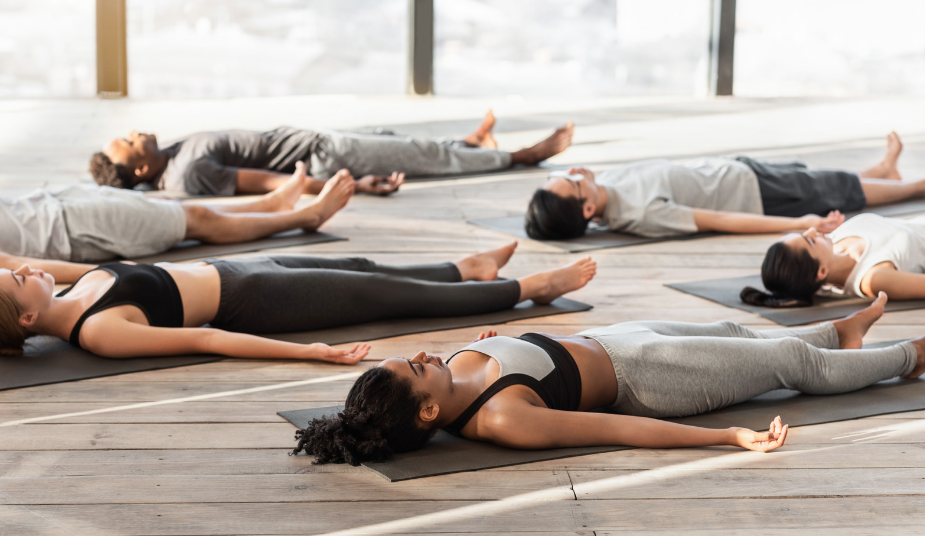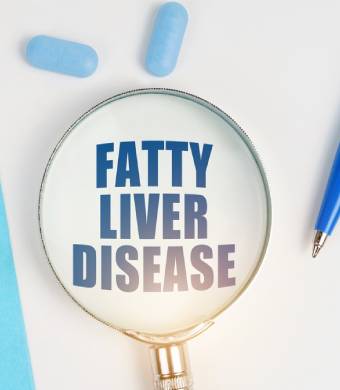
In this modern era, getting proper sleep has become a challenge for most of us. This is because most of the individuals are exposed to screens before sleep, not having a sleep routine and improper eating habits are some of the main reasons behind improper sleep hygiene.
Sleep hygiene has a relationship with fitness. A person or an athlete who has proper sleep can perform better during his/her training session or a match.
But why proper sleep is needed?

Proper sleep during the night helps in the recovery of the muscles and helps gain energy lost in the day. This helps in improving the physical performance of an individual. Individuals who do exercise regularly have been reported to get proper sleep. Improper sleep or sleep deprivation can cause low energy, impaired cognitive function, and overall development.
Understanding Sleep Hygiene
What is sleep hygiene?
Sleep hygiene is the practice of getting an adequate amount of sleep at night regularly. These practices include a consistent sleep schedule, avoiding screen exposure before bedtime, avoiding alcohol and other substances, limiting long naps during daytime, comfortable sleep environment, bedtime rituals, and avoiding heavy meals before bedtime.
- Consistent sleep schedule: A consistent sleep schedule is a practice of going to bed and waking up at the same time every day. This helps in regaining circadian rhythm. Circadian rhythm is nothing but your body’s internal clock. Having a consistent sleep schedule can help an individual with his/her natural sleep cycle.
- Avoiding Screen Exposure before Bedtime: Sleep is regulated by an enzyme called melatonin which makes us feel drowsy. Blue light that is emitted from the screen interferes with the production of melatonin which eventually makes sleep quality bad.
- Avoiding Alcohol and other substances: Alcohol and other substances lower the quality of sleep. People face frequent awakenings during the night. Other substances such as nicotine or caffeine also affect the same way.
- Limiting long naps during the daytime: Taking long naps during the daytime affects the sleep cycle and makes you feel active late at night making you sleep late. Short naps or power naps are beneficial as they fill you with energy and you feel rejuvenated.
- Creating a comfortable environment: While you might sleep in any condition sleeping in a comfortable environment is beneficial for the quality of sleep. A dark and quiet environment with cool room temperature is required to get proper sleep.
- Bedtime rituals: Engaging in relaxing activities such as taking a warm bath, meditation, reading a book, or listening to calming music helps get better quality sleep.
- Avoiding heavy meals before bedtime: Having a spicy or heavy meal will make you feel uncomfortable and heavy and have a burning sensation in your stomach which disrupts the ability to sleep. Along with that frequent awakening might also happen.
Sleep quality is important for athletes and fitness professionals as good quality sleep helps in recovering energy, prevents fatigue, enhances motivation, and repairs torn-out muscles. It also helps in protein synthesis, weight control, appetite control, and metabolism. Quality and an adequate amount of help in focus and keep you healthy.

Below are the points that explain how sleep quality helps in recovery and growth.
- Hormonal regulation: Growth hormones and testosterone are the hormones that are secreted during sleep. Both hormones help in muscle repair and growth. For muscle repair and tissue repair, growth hormones are used which are secreted mostly during sleep.
- Protein synthesis: Protein synthesis is enhanced by proper sleep which is essential in muscle repairing process. Quality sleep is also important as protein is synthesized from amino acids which is helpful in muscle repair and building of new muscle.
- Muscle glycogen replacement: Glycogen is the main source of energy during exercise and its level is depleted mostly during workout or exercise. To replenish glycogen levels, quality of sleep is important. Not getting proper quality sleep will not replenish glycogen properly which lowers output the following day.
- Inflammation reduction: Physical activities like workouts cause inflammation and damage to muscles which causes discomfort. Hence an individual needs good quality sleep to recover his or her muscles.
Sleep quality is also essential for enhancing the performance and endurance of an athlete or a fitness professional as it helps in improving energy level, physical coordination & motor skills, muscle recovery, cardiovascular function, metabolism, and cognitive functions.
Not getting proper sleep is also an issue and it is associated with many common sleep disorders. But what is a sleep disorder? A sleep disorder is a condition where you don’t get proper sleep and your sleep pattern is abnormal. There are different types of sleep disorders such as Insomnia, Sleep Apnea, Restless Leg Syndrome, Narcolepsy, Shift Work Disorder, and Parasomnias.
Let’s discuss some of these:
- Insomnia: Insomnia is a disorder where individuals find it difficult to fall asleep and register frequent awakening during the night or even both sometimes. Insomnia can be acute or chronic. This is caused by depression, anxiety, medication, and stress.
- Restless leg syndrome (RLS): Restless leg syndrome is a disorder where individuals feel a crawling sensation in their feet while sleeping. This creates an urge to continuously move the legs resulting in frequent awakening.
- Narcolepsy: Narcolepsy is a neural disorder where the ability of the brain to control the sleep & wake cycle is affected.
Lack of sleep can affect health and fitness in multiple ways such as reducing strength, muscle-brain coordination, performance, and motivation of exercise. Moreover, muscle recovery, repair, and growth are hindered due to lack of sleep which is an important factor for fitness personnel and athletes. Other factors such as the risk of injury, and hormonal imbalance also affect fitness.

Now the question is how can someone improve their sleep quality?
Improving the quality of sleep and sleep cycle is very easy. An individual can implement certain practices that can help them improve their sleep quality. Practices such as maintaining a consistent sleep schedule, creating a relaxing bedtime routine, optimizing the sleep environment, avoiding screen exposure before going to sleep, and regular exercise can help an individual improve sleep quality and wake-sleep cycle.
Hence quality sleep is important for an individual to stay healthy. Quality sleep results in improved cognitive function, performance, muscle recovery & repair, and building new muscle fiber. It also helps in the overall growth of a person and reduces the risk of injury. Therefore, it is always advised to get at least 8hr of sleep as quality sleep is one of the building blocks of health.

Leave a Reply